What is Chinese Medicine
Chinese medicine is a complete system of medicine dating back thousands of years, yet still applicable in today’s modern world. Chinese medicine looks at the whole person, not just the disease or the symptoms. The aim of a Chinese medicine practitioner is to uncover areas of imbalance, unique to each individual. A specific treatment plan using acupuncture, medicinal herbs, bodywork, cupping, gua sha and/or dietary and lifestyle advice is implemented to restore optimal health. At its core, Chinese medicine is rooted in the principle that the body has an intrinsic ability to heal itself. By harnessing this power, Chinese medicine helps people to heal themselves.
How does Acupuncture Work?
Acupuncture has been widely studied and proven effective in the treatment many conditions. How does it work physiologically? Simply put, acupuncture stimulates the central nervous system. This, in turn, releases chemicals into the muscles, spinal cord, and brain. These biochemical changes stimulate the body's natural healing abilities and promote physical and emotional well-being. Acupuncture has been shown to reduce inflammation, increase blood flow to the area of pain, stimulate the immune system, calm the nervous system, stimulate the release of dopamine and other pain relieving neurotransmitters in the brain, balance hormones, and release bound up muscular and fascial tissue. In fact, many acupuncture points are located at muscle motor points or trigger points, that when released, can restore healthy muscle function. Through all of these physiological effects, acupuncture restores balance and function within your body.
What does Acupuncture Treat?
National Institutes of Health (NIH) studies have shown that acupuncture is an effective treatment alone or in combination with conventional therapies to treat many conditions including: Neck pain, myofascial pain, osteoarthritis, low back pain, headaches, menstrual cramps, tennis elbow, fibromyalgia, carpal tunnel syndrome, knee pain, asthma, dental pain after surgery and nausea caused by surgical anesthesia and cancer chemotherapy.
What to Expect?
Acupuncture is typically painless and quite relaxing. The needles are very small, often compared to the diameter of a strand of hair. Most people who try acupuncture return because it feels good and gets results. After a comprehensive intake on your first visit, your practitioner will develop a treatment plan that includes acupuncture, body work and possibly herbs or supplements. Your first visit will take a little longer - roughly 75 minutes. Follow-up visits usually last about 60 minutes. After a treatment, you may feel fatigued. Plan to avoid any strenuous activities if at all possible for the remainder of the day.
How to Prepare?
Make sure you are well hydrated and have eaten a small meal or snack before your appointment.
Avoid caffeine two hours prior to the treatment if possible.
Bring a list of your medications and supplements with you.
Dress in comfortable loose clothing - workout shorts and t-shirts or tanks are best.
